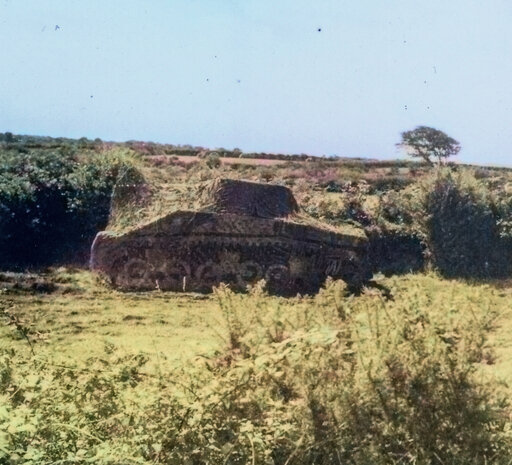Critics say the change is the US military and West Point’s latest move to push “woke” policies.

nypost.com
…Duty, Honor, Country: Those three hallowed words reverently dictate what you ought to be, what
you can be, what you will be. They are your rallying points: to build courage when courage seems to
fail; to regain faith when there seems to be little cause for faith; to create hope when hope becomes
forlorn.
They give you a temperate will, a quality of imagination, a vigor of the emotions, a temperament of
courage over timidity, an appetite for adventure over love of ease. They create in your heart the
sense of wonder, the unfailing hope of what next, and the joy and inspiration of life. They teach you in
this way to be an officer and a gentleman.
…Your mission remains fixed, determined, unchanging. It is to win our wars. Everything else in your
professional career is but a corollary to this vital dedication. All other public purpose, all other public
projects, all other public needs, great or small, will find others for their accomplishments; but you are
the ones who are trained to fight.
Yours is the profession of arms, the will to win, the sure knowledge that in war there is no substitute
for victory, that if you lose, the Nation will be destroyed, that the very obsession of your public service
must be Duty, Honor, Country.
…You are the leaven which binds together the entire fabric of our national system of defense. From
your ranks come the great captains who hold the Nation's destiny in their hands the moment the call
to war sounds.
The long gray line has never failed us. Were you to do so, a million ghosts in olive drab, in brown
khaki, in blue and gray, would rise from their white crosses, thundering those magic words: Duty,
Honor, Country.
This does not mean that you are warmongers. On the contrary, the soldier above all other people
prays for peace, for he must suffer and bear the deepest wounds and scars of war. But always in our
ears ring the ominous words of Plato, that wisest of all philosophers: "Only the dead have seen the
end of war."
The shadows are lengthening for me. The twilight is here. My days of old have vanished - tone and
tints. They have gone glimmering through the dreams of things that were. Their memory is one of
wondrous beauty, watered by tears and coaxed and caressed by the smiles of yesterday. I listen
then, but with thirsty ear, for the witching melody of faint bugles blowing reveille, of far drums beating
the long roll.
In my dreams I hear again the crash of guns, the rattle of musketry, the strange, mournful mutter of
the battlefield. But in the evening of my memory I come back to West Point. Always there echoes and
re-echoes: Duty, Honor, Country.
Today marks my final roll call with you. But I want you to know that when I cross the river, my last
conscious thoughts will be of the Corps, and the Corps, and the Corps.
I bid you farewell.
Gen. Douglas MacArthur, Sylvanus Thayer Award Acceptance Speech, May 12, 1962
(Delivered to the Corps of Cadets at West Point 2 years before his death)
Above, abbreviated speech, entire here:
General Westmoreland, General Groves, distinguished guests, and gentlemen of the Corps: As I was leaving the hotel this morning, a doorman asked me, “Where are you bound for, General?” …

www.macarthurmilwaukeeforum.com
The Sylvanus Thayer Award is an honor given annually by the United States Military Academy at West Point to an individual whose character and accomplishments exemplifies the motto of West Point. The award is named after the "Father of the Military Academy", Colonel Sylvanus Thayer. The awardee is selected by, and the award is endowed by, a committee formed from the West Point Association of Graduates. It has been awarded annually since 1958 and is the closest recognition West Point has to granting an honorary degree. Early in its existence, three West Point graduates received the award - Dwight Eisenhower, Douglas MacArthur, and Omar Bradley - but graduates are no longer eligible



 Respect.
Respect.














